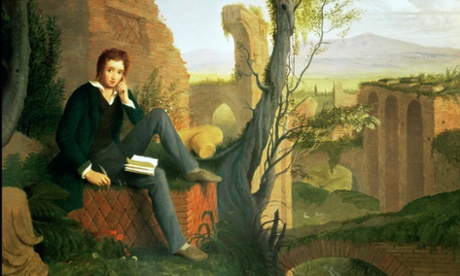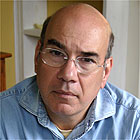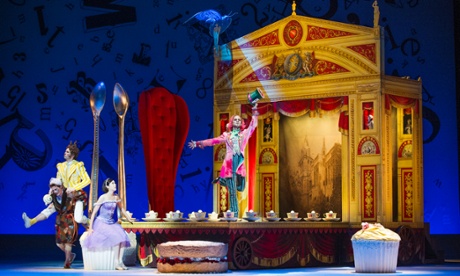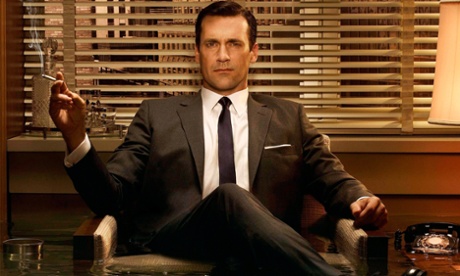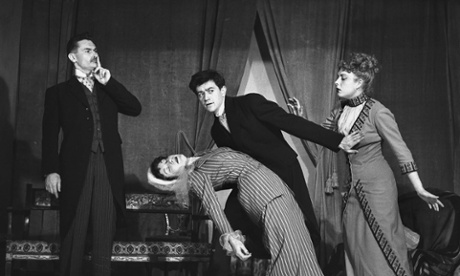The idea of writing about authors is, for me, irresistible, and I’ve just published my seventh. It was about Gore Vidal and I have often recalled Vidal’s wise suggestion (made 30 years ago) that I should write about major figures, as important lives make for Important Lives.
Needless to say, anyone involved in this business becomes a student of Great Lives, and I’ve spent decades reading and rereading my favourite examples in the genre. The beginning of literary biography for anyone is probably Boswell’s classic life of Samuel Johnson (1791), an entertaining portrait of the inimitable sage, or such Victorian treasures as Elizabeth Gaskell’s astute life of Charlotte Brontë (1857) or John Forster’s intimate biography of Charles Dickens (1874), his close friend. The 20th century saw many fine literary biographies emerging on both sides of the Atlantic, but it also produced numerous heavy and boring tomes: on the American side Mark Schorer’s staggeringly detailed life of Sinclair Lewis from 1961 or Joseph Blotner’s anaesthetising life of William Faulkner from 1974; on the British, Norman Sherry’s tedious three-volume life of Graham Greene, finished in 1991.
It is such a huge field that I have narrowed my 10 favourites down to the era after the second world war.
1. Henry James by Leon Edel (Five volumes: 1953 to 1972)
I’ve read these at least five times, slowly. Savouring each morsel. Although there are famously reductive (pseudo-Freudian) elements, the scholarship is impressive, the alertness to James’s shifting sensibility superb. It’s beautifully written, too. No later biographer of James can ignore this monument to the art of biography.
2. James Joyce by Richard Ellmann (1959)
One of the best modern examples of literary biography, with its artfully chosen detail and narrative arc combining with a close reading of major texts.
3. Edith Wharton: A Biography by RWB Lewis (1975)
Full of scholarship and astute readings, with a fine general sense of the times as well. It’s a good place to begin, but Hermione Lee’s brilliantly written biography in 2007 was a necessary compliment, challenging the somewhat stodgy view that Lewis put forward, revealing her complex sexuality and originality as a writer.
4. The Life of Langston Hughes by Arnold Rampersad (two volumes: 1986, 1988)
Rampersad summons the rich world of the Harlem Renaissance and reveals the depth of African-American literary consciousness in this remarkable biography.
5. Shelley: The Pursuit by Richard Holmes (1974)
A startling, elegantly written, example of artistic biography. Holmes utterly revised our sense of this key Romantic poet, taking us into his political thoughts and activities, exploring his poetry in fresh ways.
6. Dickens by Peter Ackroyd (1990)
This is among my favorite books. I’ve read it again and again, as Ackroyd is himself a writer of Dickensian vitality – the biographer and subject are so well matched here.
7. Will in the World: How Shakespeare Became Shakespeare by Stephen Greenblatt (2004).
A vast shelf of biographies of the Bard exists, but this is the book I would take with me to a desert island along with Shakespeare’s plays. It has energy and a great deal of unassertive yet far-reaching scholarship.
8. Tolstoy by A N Wilson (1989)
Wilson writes so well, and he brings a blazing critical intelligence to bear as well as novelistic skills in assembling a great life of a great writer. I love this book.
9. The Imperfect Life of T S Eliot by Lyndall Gordon (1998)
This brings together Eliot’s Early Years – a truly groundbreaking book – and Eliot’s New Life. We see Eliot in all of his alienated grandeur here, a deeply strange man, prejudiced, terrified of women, and yet massively gifted as a poet and critic. The very recent biography of young Eliot by Robert Crawford deepens our vision of Eliot and should be read beside Gordon’s work.
10. The World Is What It Is by Patrick French (2009)
This biography of V S Naipaul, is wildly entertaining as well as informative. There is a kind of unwavering clarity and honest here. The complex genius if Naipaul is fully exposed. It’s a model of its kind.
- Jay Parini’s Every Time a Friend Succeeds Something Inside Me Dies: The Life of Gore Vidal is published by Little, Brown at £25 and is available from the Guardian bookshop at £20.
